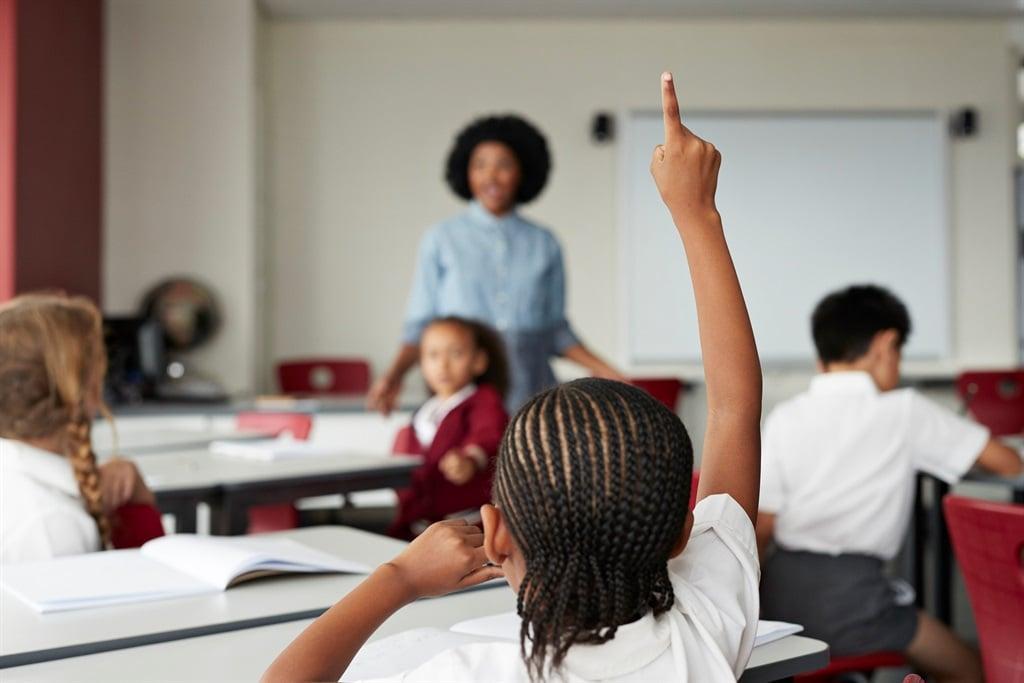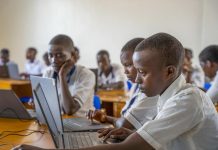Africa-Press – South-Africa. The Department of Basic Education has voiced its concern about the poor performance of pupils evaluated in African home languages for the Progress in International Reading Literacy assessments.
The Progress in International Reading Literacy Study (PIRLS) 2021 was launched in Pretoria on Tuesday and it revealed that 81% of Grade 4 pupils in South Africa were unable to read with meaning.
Basic education director-general Mathanzima Mweli said South Africa had dropped to 288 points. The benchmark was 500 points.
Mweli said it was unsurprising that pupils who were offered the assessments in English and Afrikaans did well.
“Unfortunately, pupils who took the test in the African home languages performed the lowest. This is a historical fact, and African home languages have not enjoyed parity of esteem,” he added.
He said it was decided to allow the transition of teaching in mother tongues from Grade 4.
Mweli added:
He said the primary focus was home language literacy, with added support for English as a first additional language.
“It can’t be business as usual; we must move mountains and walk on water. We have been reviewing our current strategy, and it’s apparent that we need to improve the teaching and learning of African home language reading literacy on a large scale in the emergent and early-grade phases,” he said.
Mweli said the department’s vision was that by 2030, pupils should have access to education and training of the highest quality, leading to significantly improved learning outcomes.
“The performance of SA learners in international standardised tests should be comparable to the performance of learners from other countries,” he said.
One of the speakers at the event, Dr Qetelo Moloi, who is an associate researcher at the University of Johannesburg, said the use of evidence to support every pupil at their point of need should dictate the strategy.
“We should focus on promoting action that leads to improved learning and teaching. There is a need to develop a national benchmark and performance levels across the school system to identify and report on the knowledge, understanding and skills learners need to demonstrate.
“Local scholars should be supported to provide technical support and ongoing research to strengthen implementation plans,” he said.
For More News And Analysis About South-Africa Follow Africa-Press






